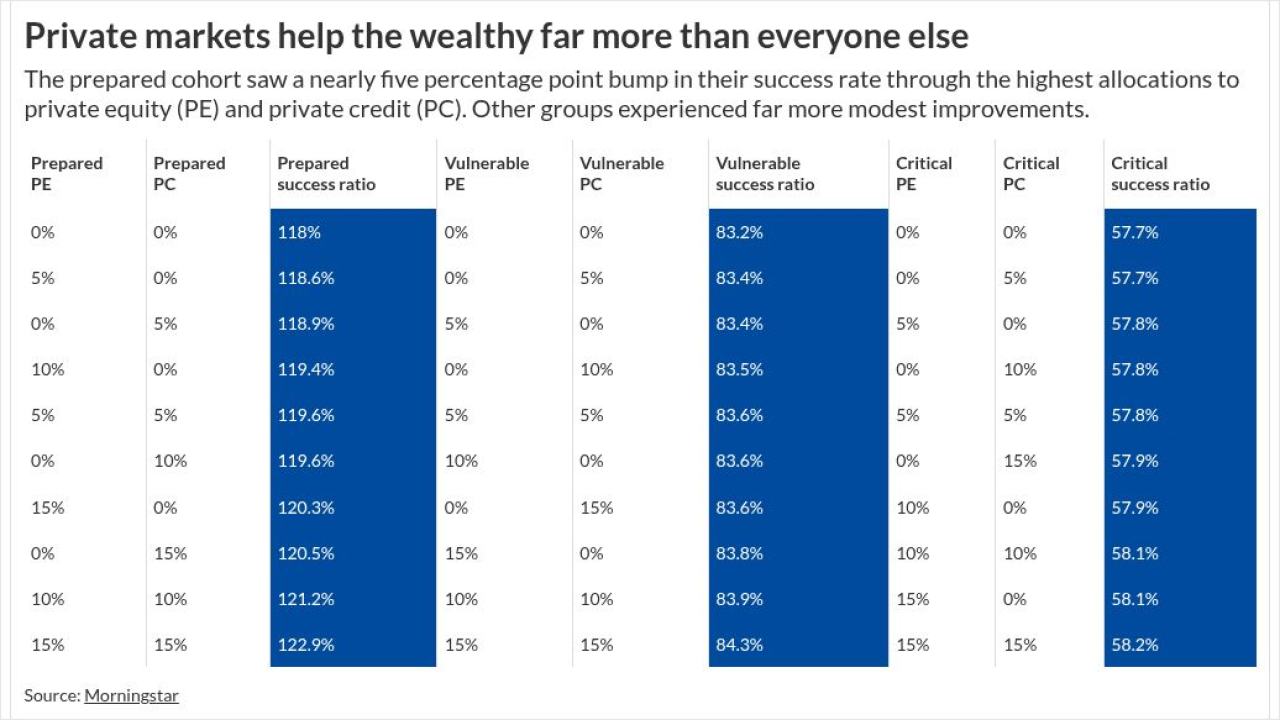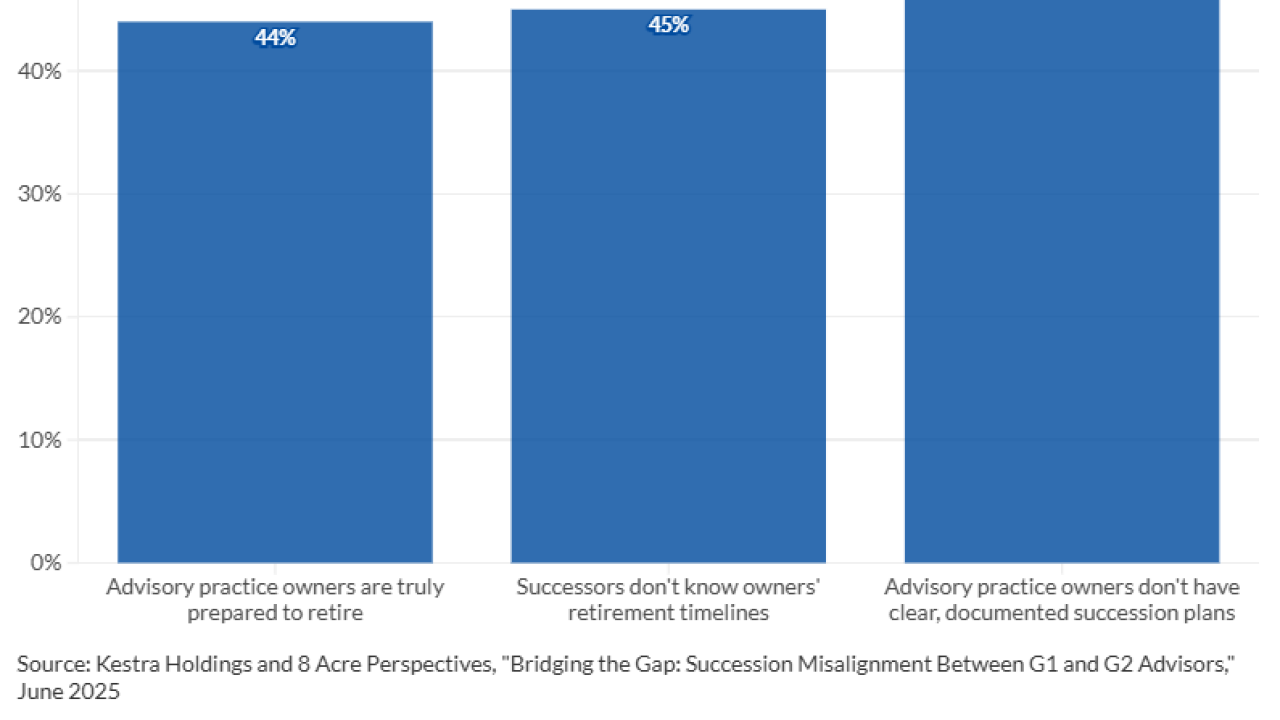Our weekly roundup of tax-related investment strategies and news your clients may be thinking about.
The House cleared legislation that would raise the maximum age for traditional IRA contributions and ease the rules for small employers to set up multi-employer plans, according to this article on CNBC. However, the bill includes provisions that would require non-spouse beneficiaries of traditional IRAs to withdraw the entire balance within 10 years after the owner's death, a move that would scrap the strategy that would allow heirs to "stretch" the inherited account's tax-deferred growth based on their life expectancy.

Moving retirement assets with a former employer to a new plan would be easier under a new proposal from the U.S. Labor Department, according to this article on The Wall Street Journal. The proposal would require an employer to roll over the workers' 401(k) funds automatically to a tax-advantaged IRA when they resign, and the assets would remain in that account until they get hired by a new company offering a similar plan. Under the existing rules, “[t]he options for moving a retirement account are expensive and time-consuming, and it destroys retirement savings for people with small accounts,” an expert says.
-
The law now creates a different method of caring for relatives while preserving the family’s financial plan, a John Hancock associate counsel writes.
January 15 -
Community property rules, how to divide 401(k)s and the nuances of QRDOs are just some of the specifics advisors should know.
January 10 -
For example, taxpayers should not panic about the new cap on state and local tax deductions.
December 31
Clients who want to minimize the tax bite on their income should make sizeable contributions to traditional retirement accounts, according to this article on Motley Fool. The contributions are made on a pretax basis, reducing their taxable income and subsequently their tax bill. Clients who have a side hustle should ensure that they report their income and pay quarterly estimated taxes. Hiring a professional is recommended especially when they need advice on their tax situation.
Working part-time in retirement can be a smart move for seniors especially if they fear that their savings will not last long and the wage income will help reduce their withdrawals from their investment portfolio, according to this article on CNBC. Those who are on Social Security should also be mindful of the wage income they receive especially if they haven't reached their full retirement age, as a portion of their benefits could be taxed once their combined income exceeds a certain limit. Social Security will also withhold $1 for every $2 of income in excess of a certain limit. "It can be a very ugly surprise," an expert says.
The average expense ratio among the top-performers is 40 basis points higher than the average.
The new tax law has relaxed some of the restrictions for S corporation ownership, allowing nonresident aliens to hold ownership interests in companies with such structure through an “electing small business trust,” an expert on Crain's Cleveland Business writes. This means that nonresident aliens could invest in these businesses tax-free, the expert says. "S corporations are regarded as 'pass-through entities,' referring to the way tax law allows income to pass through the entity untaxed for distribution to shareholders. That allows business owners to pay tax at only the personal level, not at both the business and personal level."






